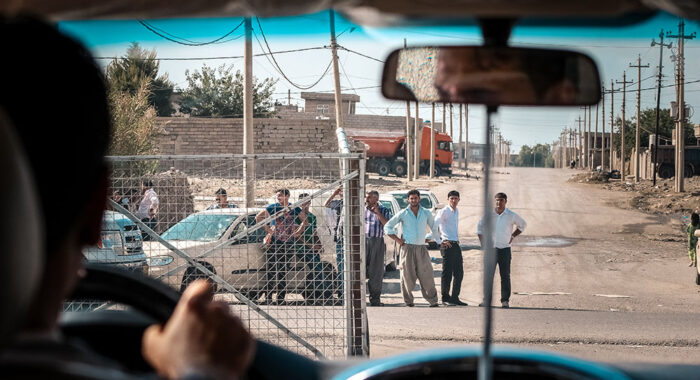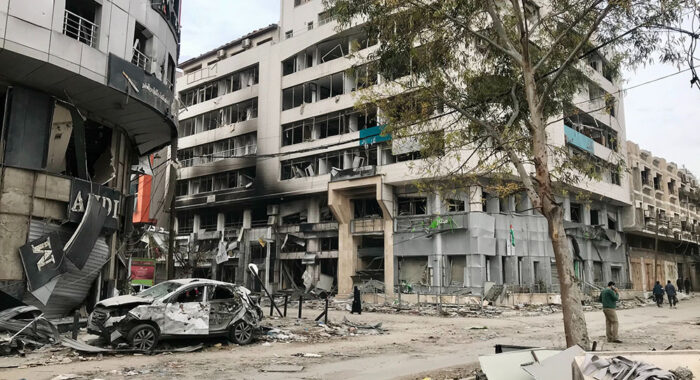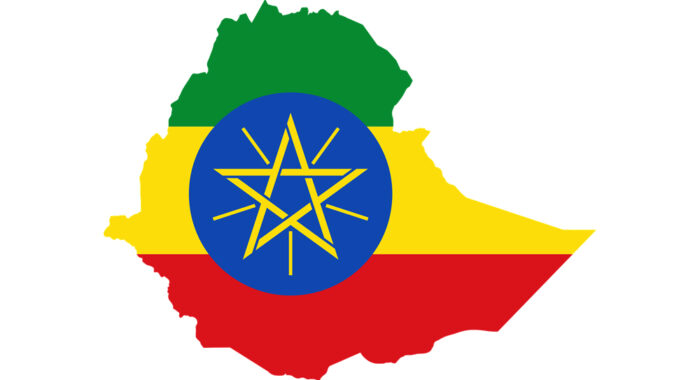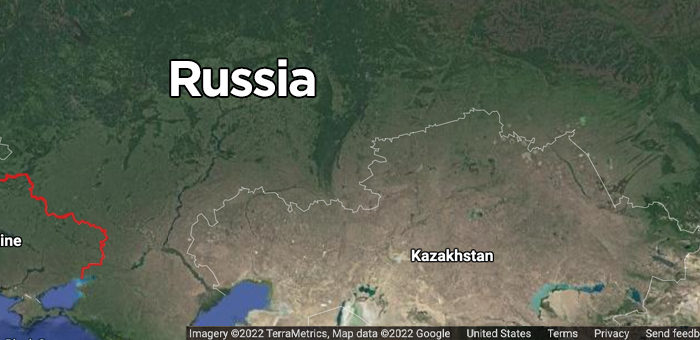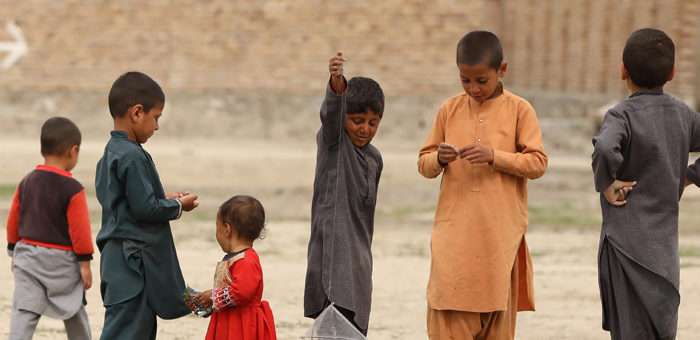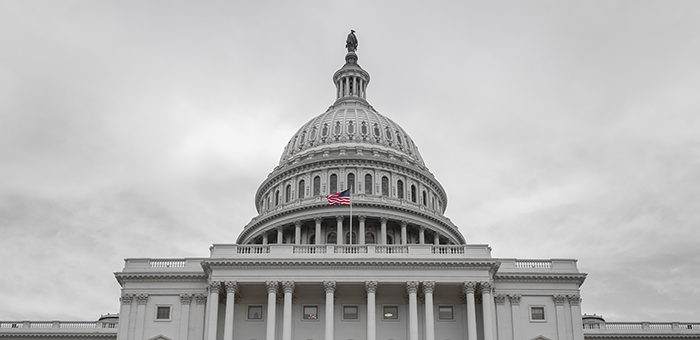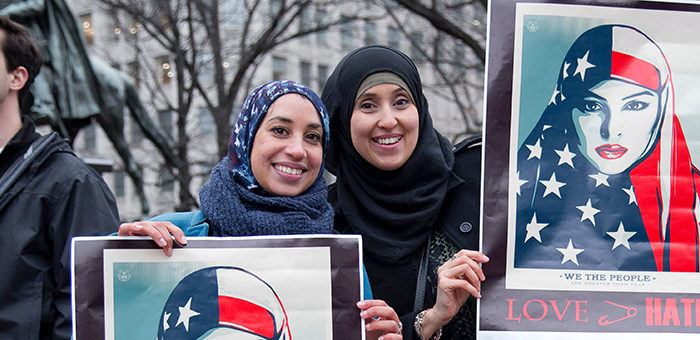Rick Love is an internationally recognized expert in Christian-Muslim relations. He is president, co-founder and chairman of the board of Peace Catalyst International and serves as associate director of the World Evangelical Alliance Peace and Reconciliation Initiative. Additionally, he served as an adjunct professor for Fuller Theological Seminary and Columbia International University and was the international director of Frontiers. He holds an M.A. from William Carey International University, a Th.M. and D.Min. from Westminster Theological Seminary, and an M.A. and Ph.D. from Fuller Theological Seminary.
Jesus calls his people to proactively pursue peace. What would that mean practically for U.S. peace priorities? The tenor and tenets of President Obama’s 2009 speech in Cairo provides a profound starting point.Partnership between the West and Muslims remains urgent. It’s time for implementation.
The administration should partner with Muslims against violent extremism, applying “faith-based diplomacy,” and should review human rights abuses related to the U.S. response. We must protect people from the threat of terrorism while respecting human rights both at home and abroad. U.S. foreign aid should be contingent on a country’s record of human rights. The administration also needs to advocate aggressively for religious freedom around the world.
It’s time to get serious about ending the Israeli-Palestinian conflict and to pursue diplomacy with Iran. Could President Obama engage directly with Iranian leaders as Nixon did in his historical visit to communist China in 1972?
Worldwide, the international arms trade should be regulated through a robust Arms Trade Treaty. We should ratify the Comprehensive Test Ban Treaty and pursue verifiable multilateral reductions in nuclear weapons.
The administration should adopt just peacemaking practices as a central component of foreign policy, partner more effectively with non-governmental organizations, and invest more in peace building organizations.
This article originally appeared in the NAE Insight.



 View All Articles
View All Articles 